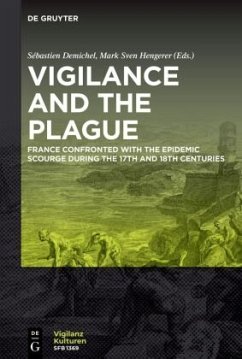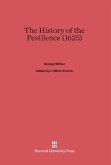This book focuses on the connection between vigilance and the plague in France throughout the 17th and 18th centuries. For more than three centuries, between the middle of the 14th century up until circa 1670, the prevalence of the plague in France was said to be endemic, before it then vanished from French territory. The Great Plague of Marseille (1720-1722, which also impacted the rest of Provence, the County of Venaissin and Languedoc) proved to be an exception. During that period, the fight against the plague was deemed a top-priority along the French coast, and health institutions, called bureaux de la santé, were developed. Contributions to this book primarily focus on health vigilance from the standpoint of how to prevent an epidemic and how to respond to a declared epidemic. Among the salient themes addressed are: communications between health and different state actors, prevailing religious and political norms, and the popular participation in the fight against the plague. The use of the concept of vigilance enables the mobilisation of often rather distant branches of history, namely institutional. social, religious history, the history of communication and the history of public health.
Hinweis: Dieser Artikel kann nur an eine deutsche Lieferadresse ausgeliefert werden.
Hinweis: Dieser Artikel kann nur an eine deutsche Lieferadresse ausgeliefert werden.








